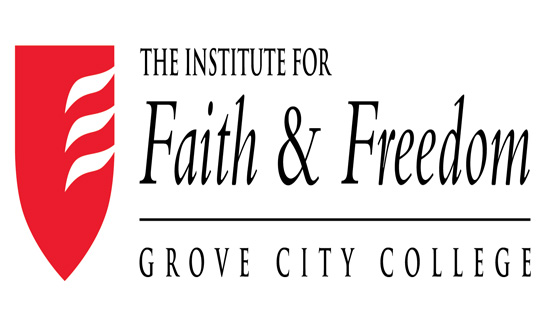Another School Strike in PA
(April 14, 2016)–With the just initiated Highlands School District strike, Pennsylvania continues to cling tenaciously to its title of teacher strike capital of the United States. For many years the Commonwealth accounted for half of all teacher strikes in the country. A strike creates disruptions in students’ lives, pressure on working parents to find child supervision, and delays in completing the school year with all that entails for students looking for summer jobs and family travel plans. Eventually, it will mean higher taxes to pay for the compensation increases the union will receive in a new contract.
And what does it cost teachers? Nothing. They will work the required number of school days to complete the mandatory school year and get paid their entire annual salary. What a great deal. They risk nothing other than a little public anger that history tells them will dissipate quickly. In New York, teachers who go on strike lose two days’ pay for every day off the job. Thus, they will suffer income loss even though they finish the mandatory number of days in the school year. Not many strikes occur in New York. On the other hand, teachers in the Highlands district have struck twice before, during the period 1997 to 2013.
The Education Commission of the States pointed out in a 2011 report that 35 states permit collective bargaining for school employees, but only eight of these states permit strikes. Most states have long since decided that prolonged shutdowns of the schools during the school year are not good for the education of children and it is certainly not reputation enhancing for the state to be known as a place where school kids can be left in the lurch for weeks because teachers are allowed to walk out.
Consider the absurdity of this Commonwealth with its mandatory attendance laws for children of school age wherein parents are legally obligated to make sure their children are in class, unless properly excused for good reason such as illness, but teachers can unilaterally and peremptorily decide to take a two week vacation during the school year. And that includes taking it toward the very end of the year thereby inflicting the greatest possible hardship on students and parents. It certainly calls into question the mantra teachers continually spout about how much they care for their students. Union loyalty and show of power are obviously more important. Clearly all those states without teacher strikes with good academic records must be doing something right.
The state granted permission to strike is a reflection of the power public sector unions—especially teachers—have had in rigging and sustaining the laws to create maximum benefits for themselves. The threat of strikes produces a heavy bargaining advantage. Occasionally, an actual strike is needed to remind other districts of that bargaining advantage.
This power is not constitutionally required and it is not ordained from on high. It derives from pure, raw political will and an electorate that cannot, or will not, find the strength to get legislation passed that eliminates the right of teachers—and while they are at it transit workers—to strike.
Beyond the right to strike, other Pennsylvania laws are written to protect teacher jobs. To wit; consider the requirement that to terminate teacher positions the district has to eliminate an entire program or have suffered large enrollment losses. Of course eliminating programs elicits maximum public outcry as parents whose children are involved squawk loudest. Commonwealth statutes also require that no district will have its basic education allocation cut from year to year even if the district has seen substantial enrollment reductions. Isn’t that great if you are a school employee?
And so it goes. Pennsylvania continues to lag economically with its outdated pro union biased laws; it is not a right to work state, it has costly prevailing wage laws, and is one of a handful of states allowing teachers and transit worker strikes.
This will not change unless or until voters decide enough is enough, but in light of the fact that the situation has been going on for so long with no successful effort to do anything about it, one has to surmise that not a sufficient number of voters are upset about it. Therefore, it seems the uphill battle to address these problems will be with us for a long time.
Jake Haulk, Ph.D., President
If you wish to support our efforts please consider becoming a donor to the Allegheny Institute.The Allegheny Institute is a 501(c)(3) non-profit organization and all contributions are tax deductible.Please mail your contribution to:
The Allegheny Institute
305 Mt. Lebanon Boulevard
Suite 208
Pittsburgh, PA15234
For more on this topic click here
Link to Allegheny Institute Website
Forward this Brief to a friend





